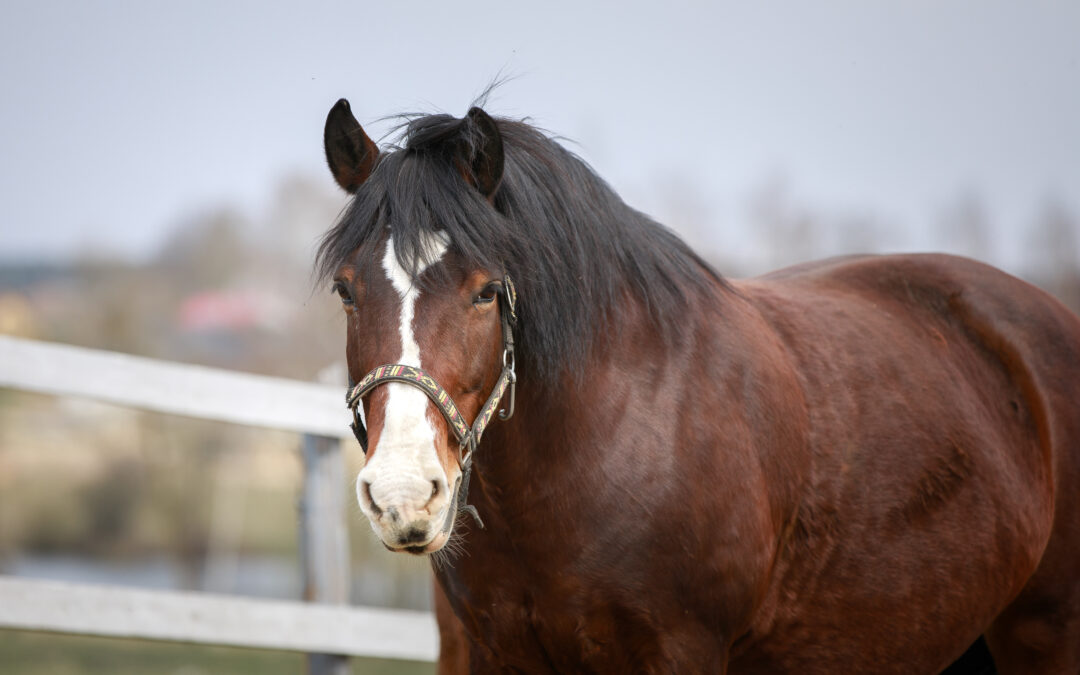We cannot believe the reaction we have had from folk since we launched last week. We have over 215 folk following us on facebook in less that 7 days and we have been overwhelmed by the messages of support, I might have even got something in my eye when reading them. We have had a busy few days getting people registered and seeing some of you and your lovely horses on yards for routine visits.
The one thing I have noticed this year, is how well our equine friends have done on the summer grass. A gentle reminder to everyone that it maybe time to think about weight loss over the winter for some of our equines. Weight gain is a normal part of the summer months for most horses, however, weight loss should be the aim in winter. Horses are designed to gain fat in the summer and then burn it off in the winter. They thrive on this seasonal weight fluctuation and it is good for their bodies to do this. Naturally they should lose up to 10% of their body weight over winter. This can be very hard to achieve when they are kept rugged and in over winter but here are my 5 top tips to getting them slimmed down for next spring.
1) Horses need to have a full gut to prevent issues such as Gastric ulcers, but the majority of this should come from forage rather than concentrate feeds. The amount of effort it takes for a horse to breakdown the cellulose in haylage and hay actually creates warmth as the body has to work hard to break down the fibre into a more soluble and absorbable form. Therefore it’s worth thinking about cutting down on processed feeds and thinking about feeding forage instead.
2) We all worry about how cold horses are when clipped and stabled, however it is worth thinking about how cold our winters are now (or rather how warm and wet they seem to have become). It is totally understandable to want to keep your horse clean and dry so that riding out and cooling off after exercise is an easier job. However it is better long term health wise if they are slightly under rugged rather than over rugged. I see no reason for even fully clipped out equines to be in anything heavier than a medium weight rug. Keeping them slightly cooler will make them burn more of their fat reserves.
3) To clip or not to clip? It’s a personal choice, depending on workload, how hot they get during work and whether you mind having your own version of a yeti in your stable. However, even if not working hard over winter a trace clip or belly clip can do wonders for helping with weight loss especially if they are left without a rug when out in the field.
4) Weigh your forage – to aid weight loss a horse shouldn’t consume anymore than 1.75% of it’s bodyweight in a 24 hour period. For a 500Kg horse that equates to 8.75kg of forage in a 24 hour period. Luggage scales can be useful, as they will make weighing of forage when in hay nets/haylage nets easier and more accurate. Also quadruple bagging (putting 4 haylage nets round the forage) will allow trickle feeding over the 24 hour period. Will keep the gut full and will minimise other issues.
5) Weigh tapes – These are really useful in the winter months when rugs are on and horses are hairier than normal. Weighing once a week will help you get a good idea of whether the weight loss plan is working or not.
There are some really useful website pages on weight loss over winter, here are a few I have found helpful over the years. If you want to chat to us about this issue, please feel free to give us a shout on the office number or on Facebook.
www.bluecross.org.uk/sites/default/files/downloads/fat-horse-slim.pdf
https://www.bhs.org.uk/advice-and-information/horse-care/winter-care

